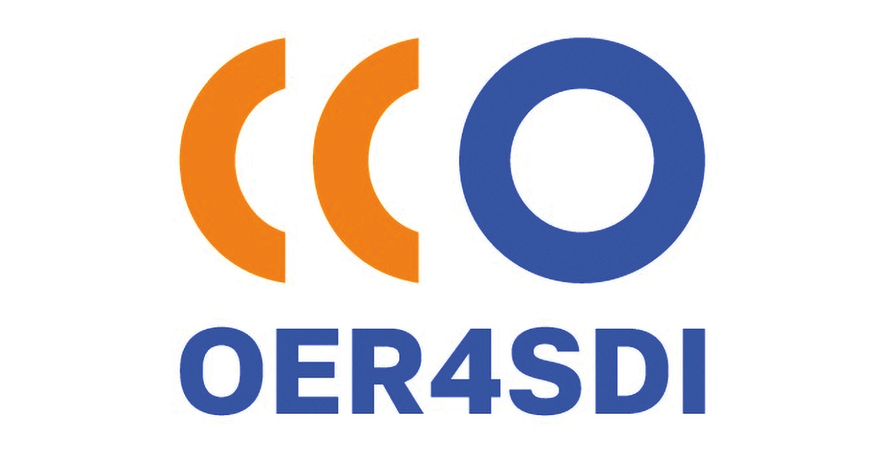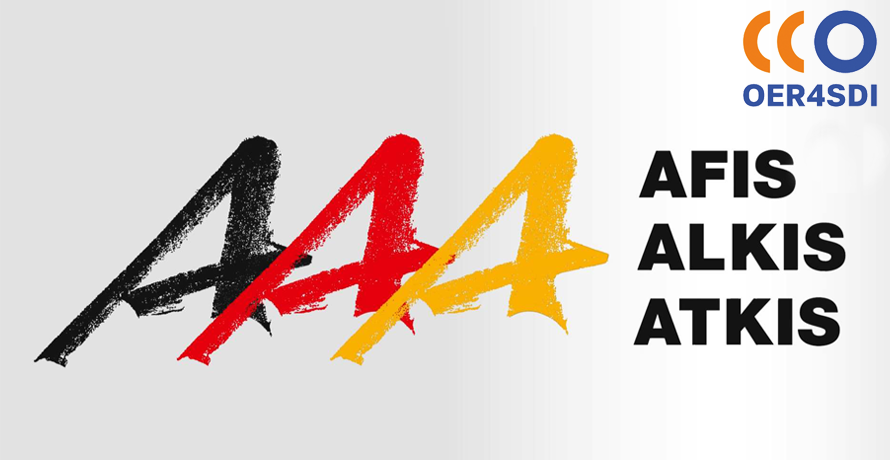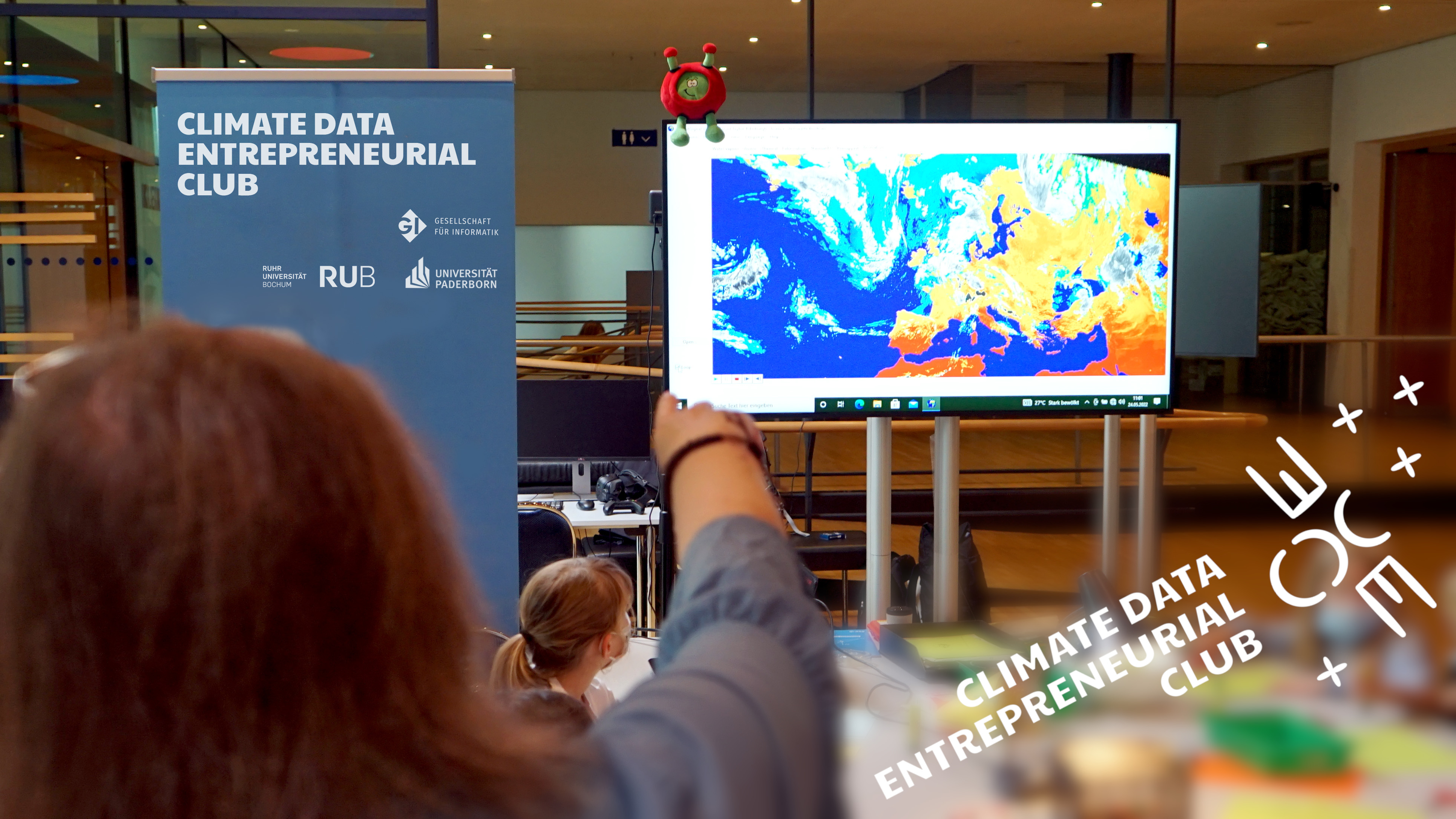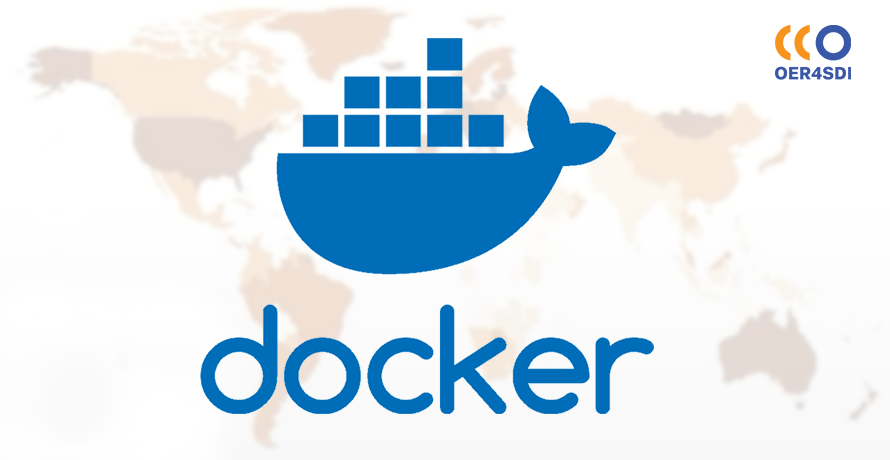The course explains the use of Docker to deploy and scale applications in geographic information systems (GIS). Docker enables the creation of isolated environments, called containers, that run independently of the operating system. These containers make it easier to develop, deploy and experiment with GIS tools and data. It will be shown how to use Docker to create a unified software environment for web services and analysis platforms such as Jupyter Notebook to perform spatial analyses efficiently and without extensive software installations. Docker thus ensures a consistent and flexible working environment in the GIS sector.

Read More
Lessons on Spatial Data Infrastructure
The OER4SDI project aims to develop and publish a collection of CC-licensed teaching materials. These materials are intended for students in study programs such as geoinformatics, geodesy and geomatics. They cover the architecture, implementation and use of spatial data infrastructures, including their conceptual, technical and legal foundations as well as approaches to development and governance at different levels.

Read More
The AAA data model
How much forest area is there in a district? How well is a municipality provided with daycare centers? Where might there be gaps in basic medical care? These are all questions that require spatial data to answer. Such geodata is available throughout Germany in the form of basic geodata. In the AFIS-ALKIS-ATKIS data model, this data is organized and made available to users.

Read More
CDEC: Climate Data Entrepreneurial Club
In future, the CDEC website will provide teaching materials and learning modules on the topics of digital, AI and (geo)data skills. The content focuses on the processing of climate data and the development of solutions to combat climate change.

Read More
Earth observation: EO-College
EO College is an educational platform specializing in Earth Observation (EO). It offers a comprehensive range of resources and courses designed to educate students, professionals, and enthusiasts about the world of Earth observation.
Language: German, English, Spanish


